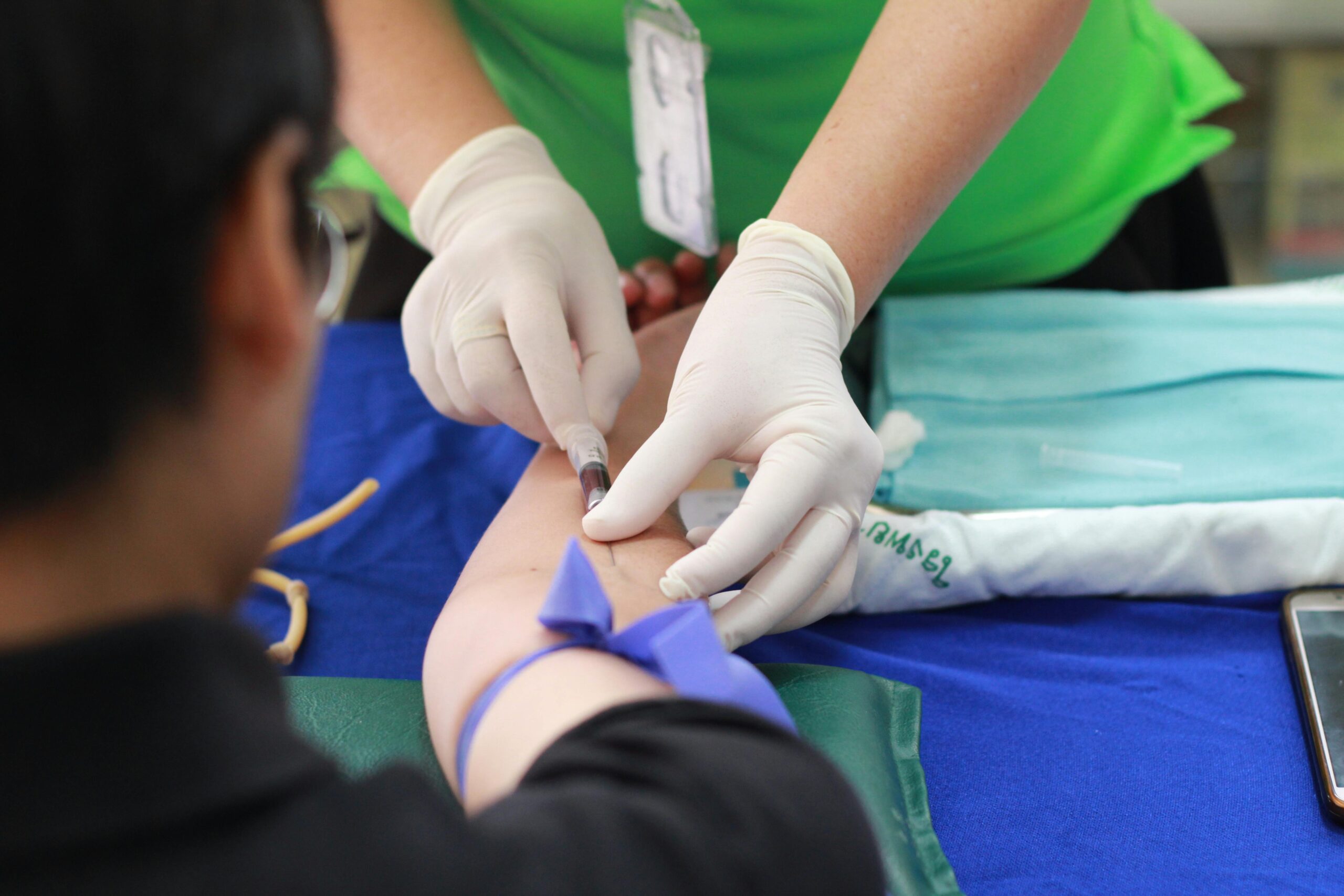
A Complete Blood Count (CBC) is one of the most commonly ordered blood tests. It provides important information about the types and numbers of cells in your blood — including red blood cells, white blood cells, and platelets. A CBC can help detect a variety of conditions such as infections, anemia, inflammation, bleeding disorders, and even certain cancers.

We provide a wide range of diagnostic testing to support accurate, timely medical decisions. From advanced lab screenings to routine tests like the Complete Blood Count (CBC), our state-of-the-art facilities ensure reliable results in a convenient, patient-friendly environment. Our integrated approach streamlines the care process — from testing to treatment — by enabling efficient communication between patients and healthcare providers.
A CBC measures several components of your blood, including:
Red Blood Cells (RBCs): Carry oxygen throughout your body.
White Blood Cells (WBCs): Help fight infection.
Hemoglobin (Hb): The oxygen-carrying protein in RBCs.
Hematocrit (Hct): The proportion of RBCs in your blood.
Platelets: Help your blood clot and prevent bleeding.
A CBC is useful for:
Checking overall health during routine checkups
Diagnosing conditions like anemia or infection
Monitoring existing health problems or treatments
Evaluating symptoms such as fatigue, weakness, fever, or bruising
Abnormal values may indicate:
Low RBC or hemoglobin: Anemia
High WBC count: Infection or inflammation
Low platelets: Risk of bleeding
High RBC or hemoglobin: Dehydration or blood disorders
Your doctor will interpret the results in context with your symptoms and medical history.
A healthcare professional draws a small sample of blood, typically from a vein in your arm. The process is quick and minimally painful.
Usually, fasting is not required for a CBC. However, if additional tests are ordered along with it (like a blood sugar or lipid profile), your doctor may ask you to fast.

8:00 AM TO 8:00 PM MON TO SAT
8:00 TO 5:00 PM SUNDAY
Copyright © 2026 StarMAX | Designed & Developed by Innspire Media